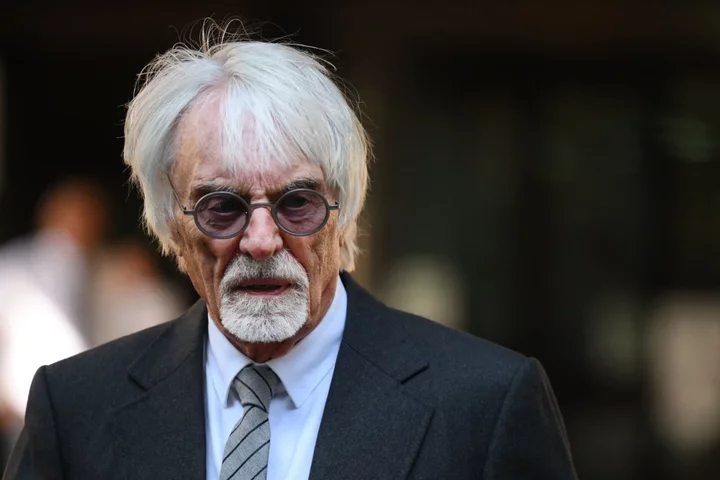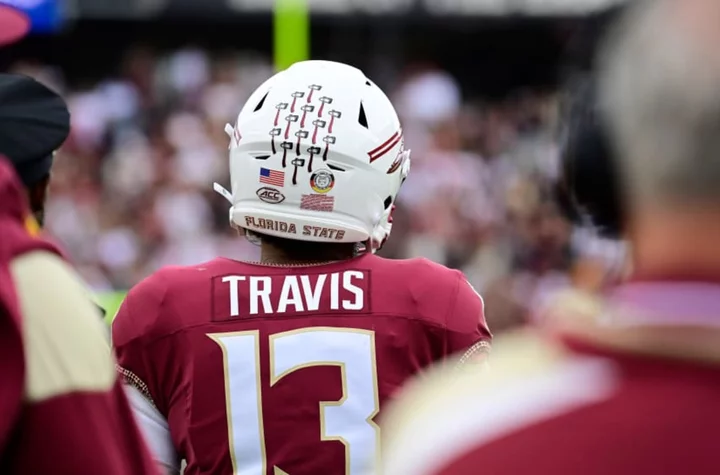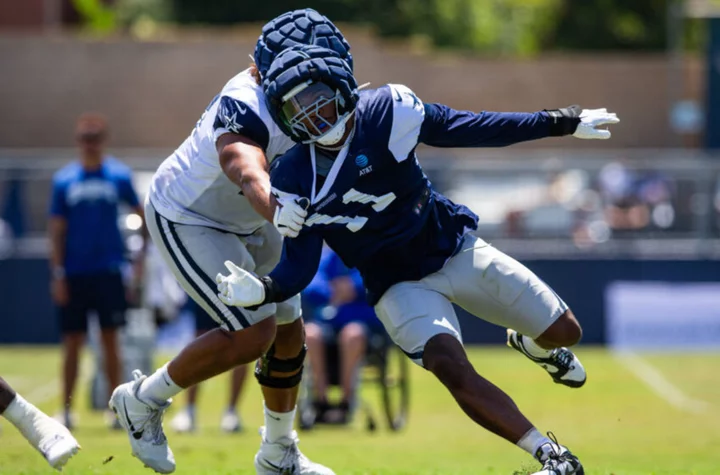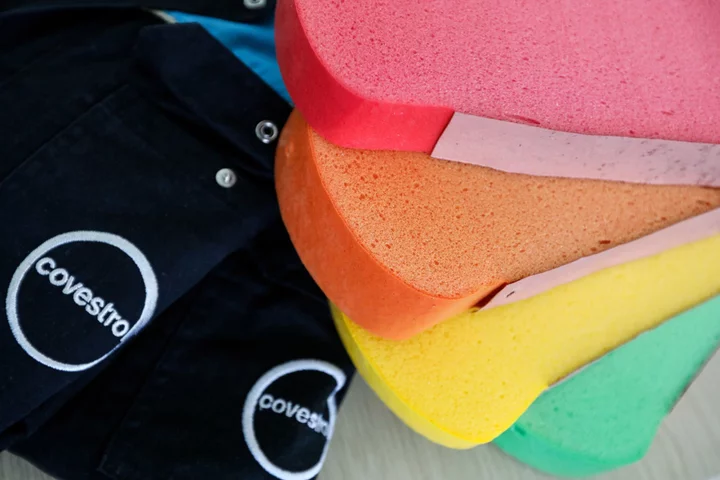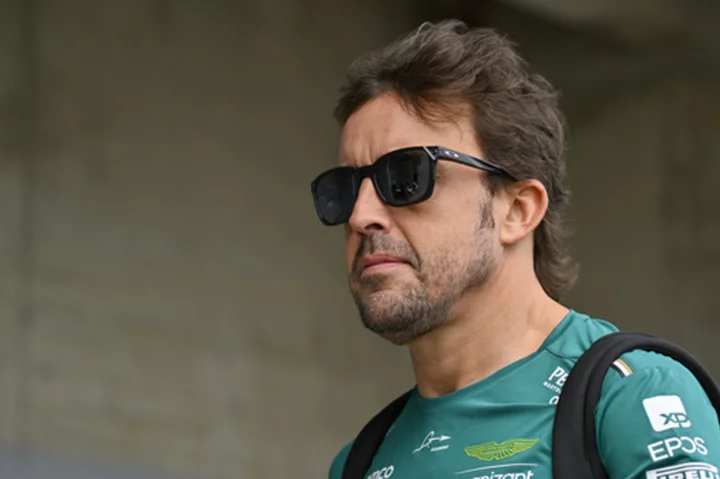Singapore worked closely with the UK to investigate and prosecute Formula One mogul Bernie Ecclestone, according to a written reply to parliamentary questions by Deputy Prime Minister Lawrence Wong.
Ecclestone pleaded not guilty in June to a criminal fraud charge for failing to tell British authorities about assets held in a Singapore bank of around $650 million.
“Singapore proactively shared relevant information with our UK counterparts, which helped them develop their case,” according to the statement late Wednesday. The Monetary Authority of Singapore, police and Attorney General’s Chambers had aided UK agencies in the investigation.
In a 2017 inspection of the unnamed bank, MAS reviewed the lender’s handling of its relationship with Ecclestone, and while “there was room for improvement in the bank’s anti-money laundering processes, it did not find gaps or weaknesses that were systemic in nature.”
Singapore’s three biggest banks each said they’re not the firm in question. DBS Group Holdings Ltd. is not involved, CEO Piyush Gupta told reporters Thursday at the earnings briefing. Spokespersons from Oversea-Chinese Banking Corp. Ltd. and United Overseas Bank Ltd. said separately that it’s not their banks either.
Transport Minister S. Iswaran and property billionaire Ong Beng Seng, the two people known for helping bring the F1 race to Singapore, have been arrested and released on bail in a graft probe by the Corruption Practices Investigation Bureau. Officials have yet to spell out the scope of the probe.
Singapore has been hosting the F1 night race since 2008. The tourism board commissioned an independent consultancy study and concluded the Grand Prix would bring “significant benefits” to the city-state, Minister for Trade and Industry Gan Kim Yong said in a written reply to a separate parliamentary question. He declined to comment about “any CPIB investigations that are ongoing.”
The cost of organizing last year’s race was between S$135 million ($100 million) and S$140 million, Gan wrote in response to another parliamentary question. That’s similar to previous years and the government’s share was 60% of the total cost.
(Updates with banks’ responses in fifth paragraphs.)

